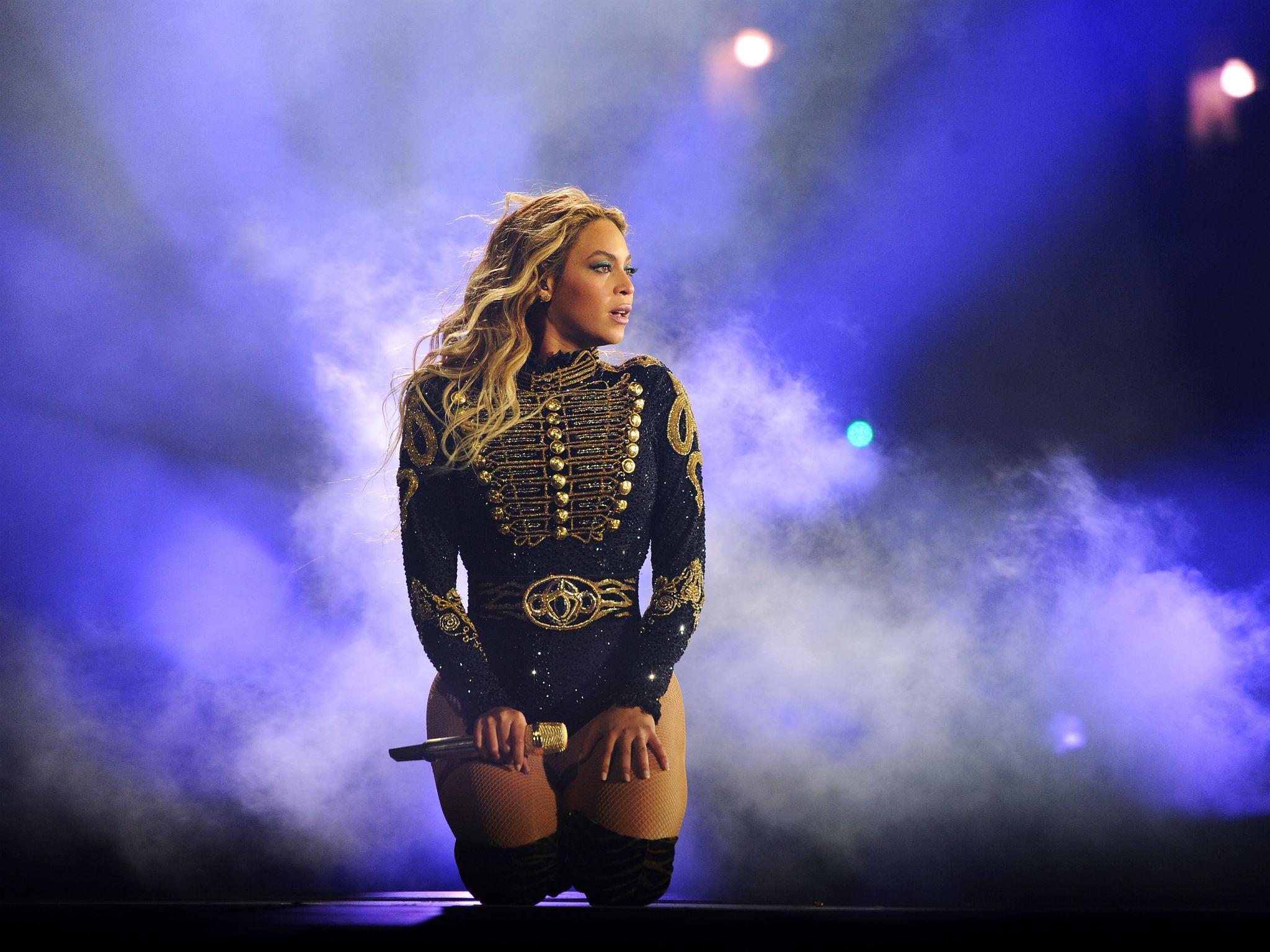Are gigs getting too expensive?
Tickets for Björk's recently announced Royal Albert Hall show cost £99. Shaun Curran speaks to experts in the live music industry about why fans are being expected to fork out so much

For Beyoncé’s Formation tour, it was in excess of £100. For Björk's recently announced Royal Albert Hall show in London, it's £99. At Radiohead’s three night run at north London’s Roundhouse, it was £70. As fans continue to count – and question – the cost of top level tickets to see their favourite artists live, it begs the question: are gigs getting too expensive?
“I think it’s fair to say inflation for ticket prices has been running above that of other things, especially other sectors of the industry,” says Mark Sutherland, editor of industry magazine Music Week. Statistics bear that out: between 1982 and 2012 the average cost of a gig ticket increased by 400 per cent, and according to Statista the worldwide average cost of a concert ticket now stands at $78.77 (£59.94).
Even allowing for the likes of U2 and Madonna grossing the budget deficit of a small country every time they tour, the rise in prices is evident everywhere. The Stone Roses’ hugely successful comeback shows in 2012/13 were priced at £55: this summer their shows at Manchester City’s Etihad Stadium were £75. It’s unlikely the promise of hearing “All For One” accounts for a £20 increase.
It’s not just at the top of the market where prices are booming, either. A cursory glance at the gig listings for the autumn sees a range of artists (Faithless, PJ Harvey, Selena Gomez) charging £50 and more once fees have been accounted for.
So what is happening? While there are undoubtedly unscrupulous promoters and agents looking to fill their coffers – one insider told me: “There are artists' managements who will say a million quid a night take it or leave it: if you can get away with £120 tickets, then why not?” – most promoters are wary of the balancing act between making money and attracting fans.
“Primary ticketing is a delicate thing,” says Steve Parker, managing editor of Live UK magazine. “Price tickets too high and you end up not selling out. Most people will try and get prices as high as they can while still getting people to come back next time.”
Jeff Craft, head of X Ray Touring agency, says “hugely increased touring costs” are often behind the bigger prices. “Equipment hire, trucking, crew wages, catering and every other aspect of touring is more and more expensive – especially at the highest level where audiences expect to see huge productions. The competition between artists at this level is intense so the costs continue to spiral upwards.”
I was told production costs for a visual extravaganza were the principal reason Björk, a unique, critically acclaimed artist but hardly a best seller, is charging so much. But is it fair that such external costs are passed onto the paying punter? “Whether it’s fair I’m not sure,” says Geoff Meall, managing director at United Talent Agency. “In years gone by, lower level touring was given record company tour support, which allowed artists to cover losses, charge less on tickets and get more people in that way. With the massive decline in recording music, tour support isn’t coming as it used to be – and bands need to raise money from ticketing to cover costs.”
But are those extra costs necessarily equating to a better show? Few came away from Beyoncé’s stadium gigs feeling short changed, but such universal praise doesn’t necessarily correlate with ticket price.
“An artist should be giving a show that is value for money,” says Meall. “And as you go from theatres to arenas to stadiums, a punter paying more money expects a better show. If you don’t offer that, you’ll eventually get found out.”
The issue of the secondary market, where sold out tickets are traded for inflated prices online, is also having an effect on prices. “I think it’s an inevitable upward pressure on price,” Sutherland says. “While a lot of artists and promotors are opposed to secondary ticketing, it’s only human nature to look at prices charged on the secondary market and say we obviously under-priced our tickets in the primary market as here is demonstrable proof they are worth a lot more.”
All of which leaves the fans out of pocket. “A hardcore fan will feel obliged to pay whatever the going rate is,” Sutherland says. “Some will have it,” says Parker, “some will find it one way or the other and ask why they are being squeezed like that, and the poorer ones simply can’t go. Poor people get priced out by those trying to take advantage of maximum money.”
So it seems that the fans’ dilemma – pay up or miss out – is only going to become more acute. “I can’t really see much changing,” Meall says. “People will still take advantage of the fact it is there to maximise income.”
“The limit is when people stop paying it,” says Parker. “And I don’t see that happening any time soon.”
Join our commenting forum
Join thought-provoking conversations, follow other Independent readers and see their replies
Comments
Bookmark popover
Removed from bookmarks